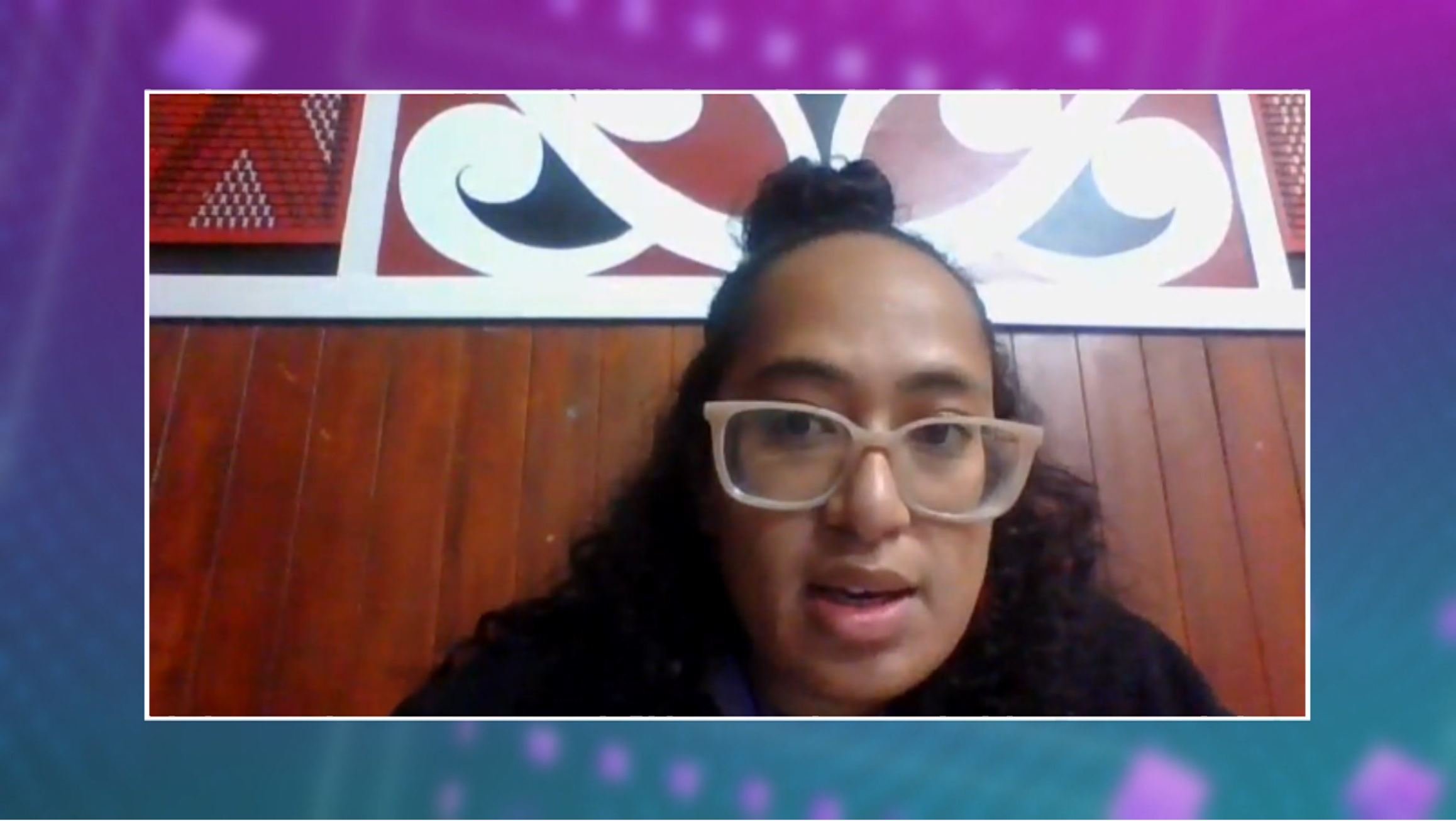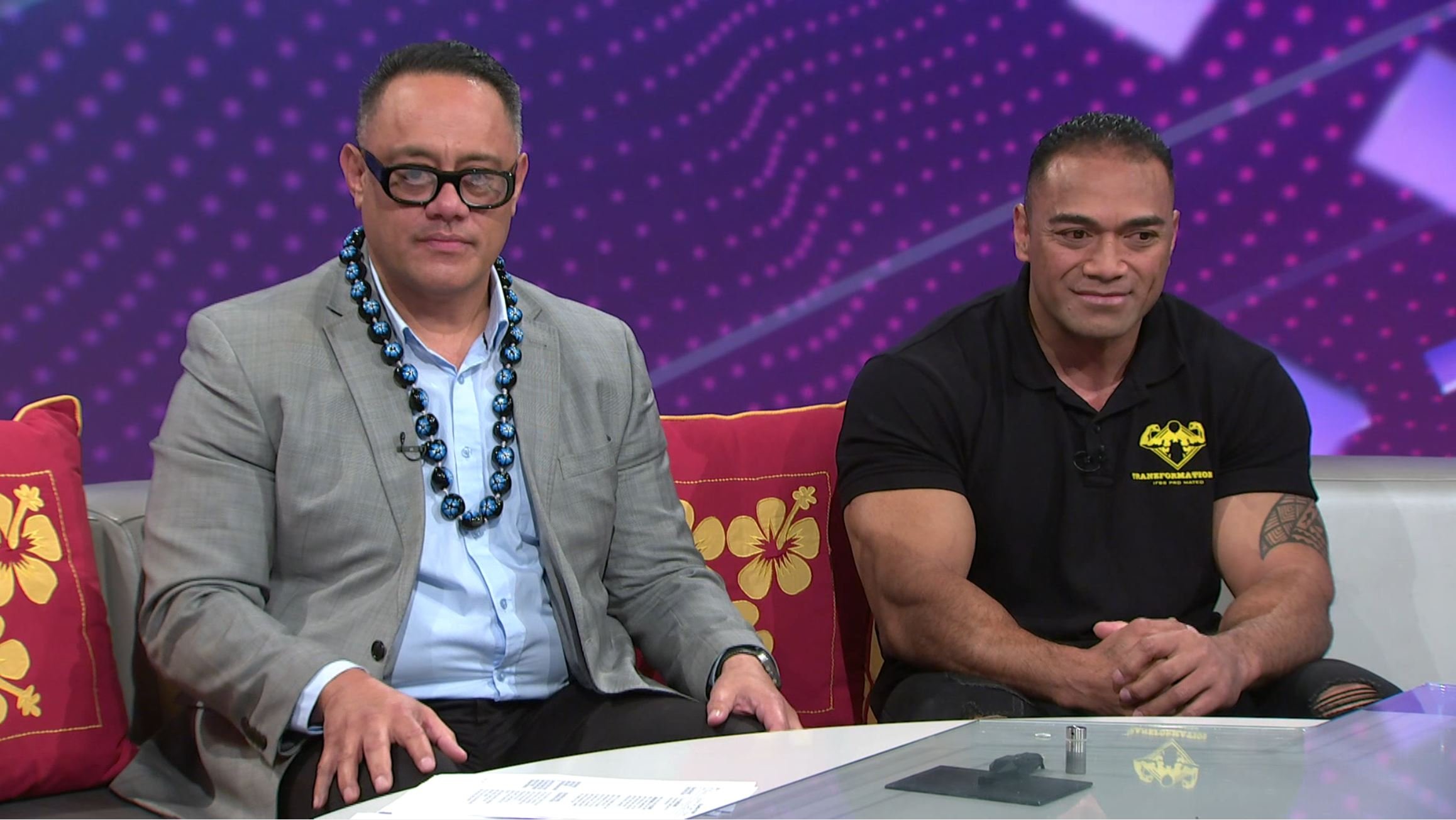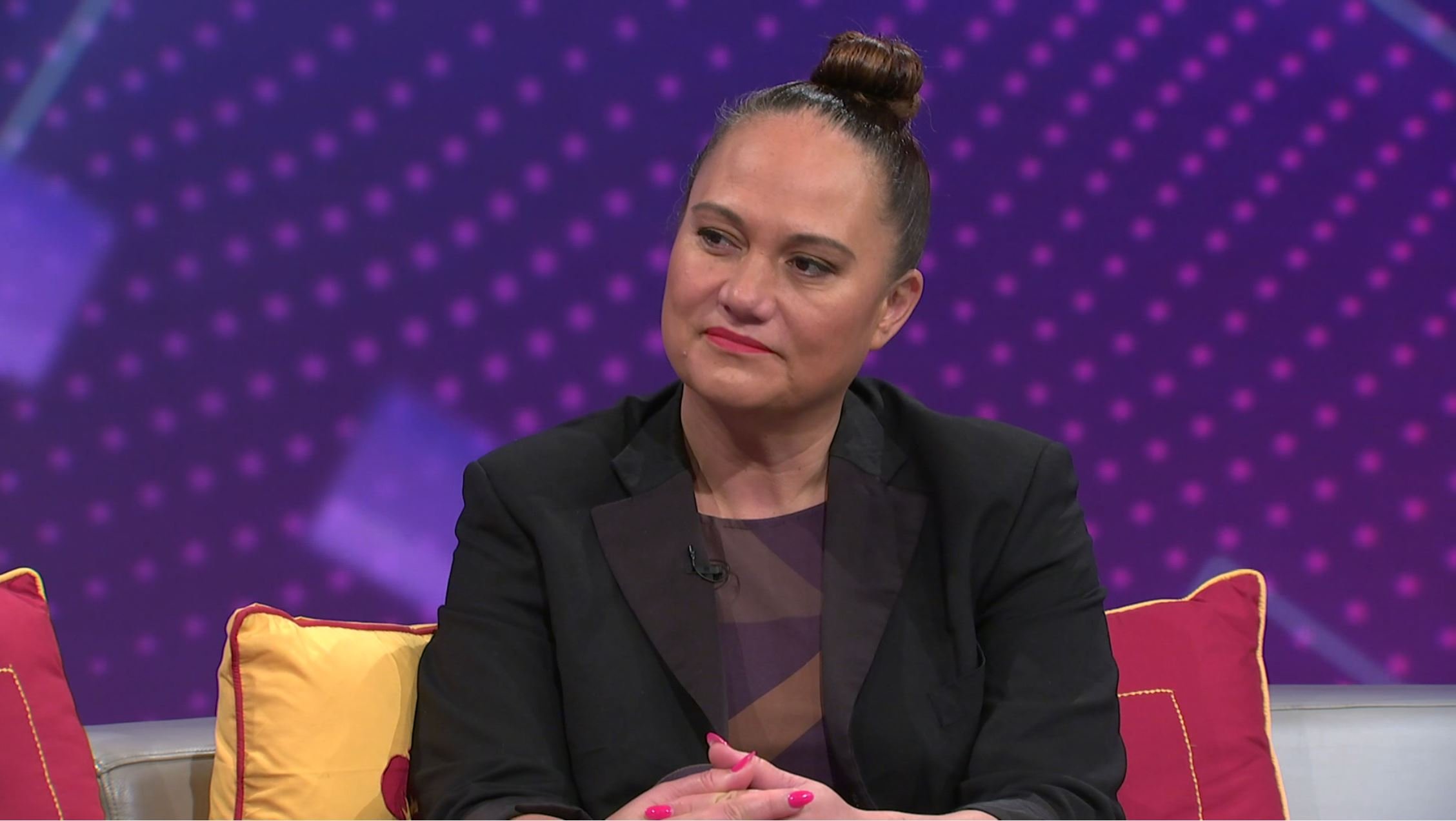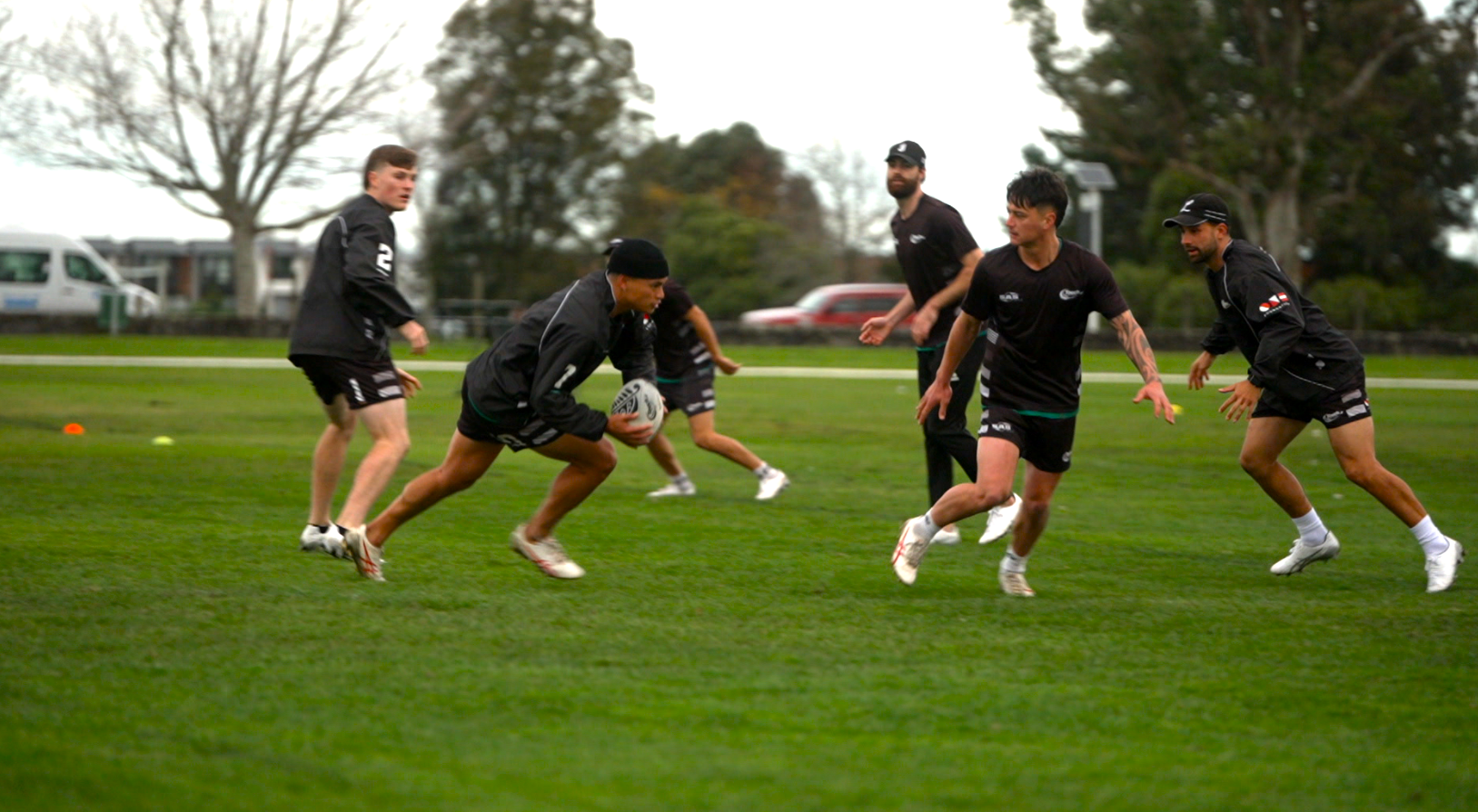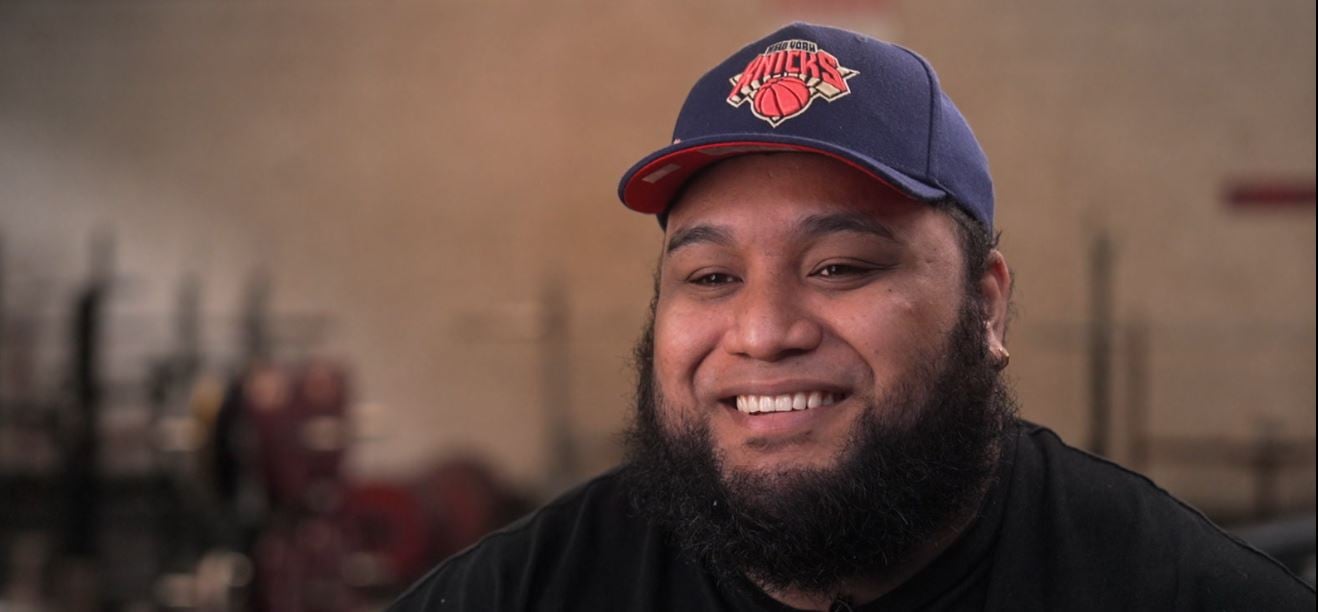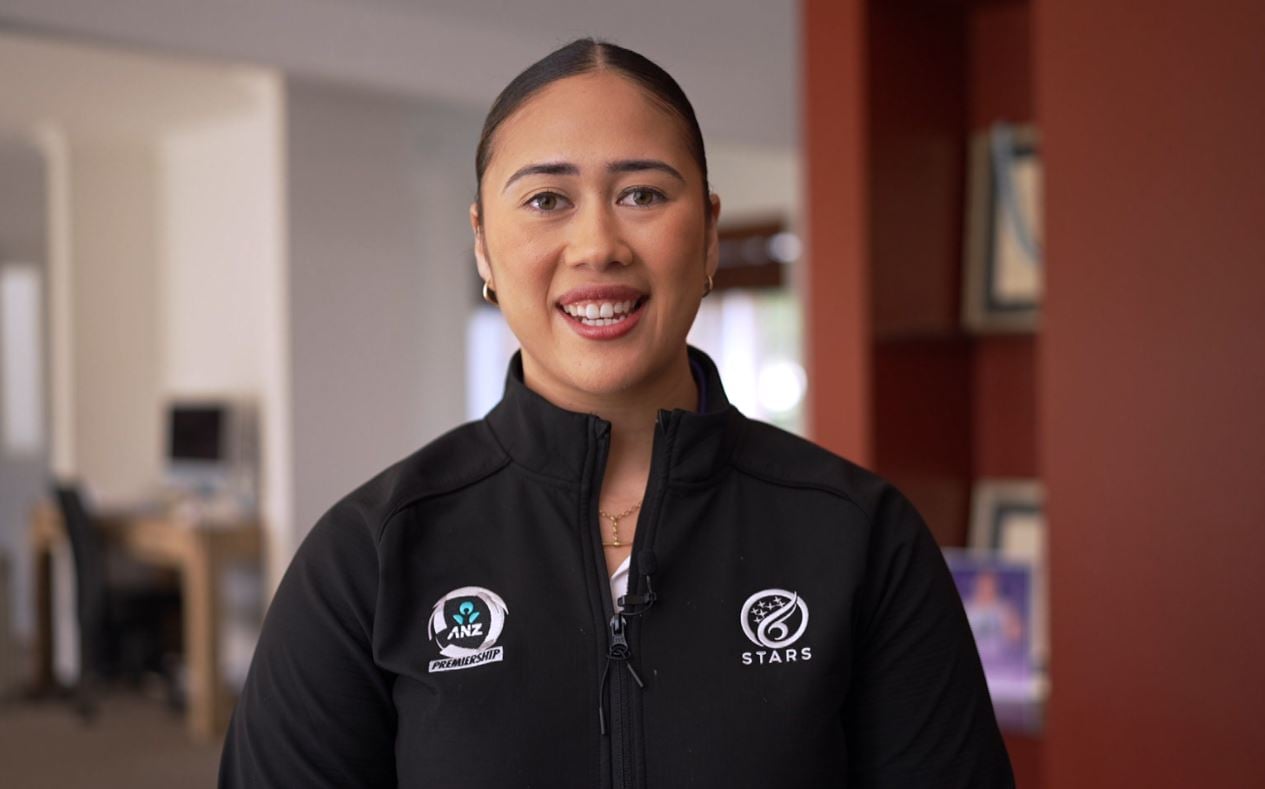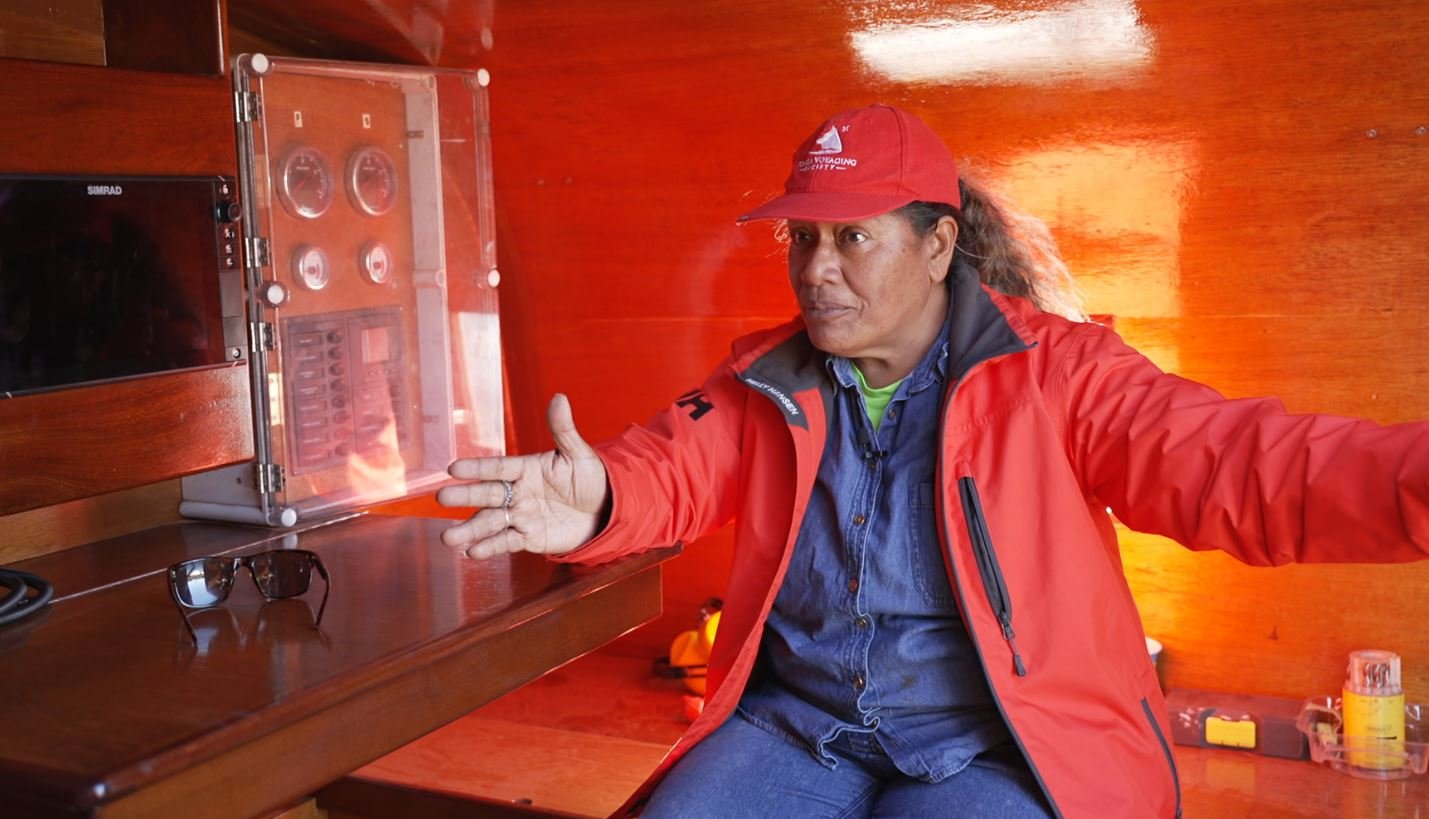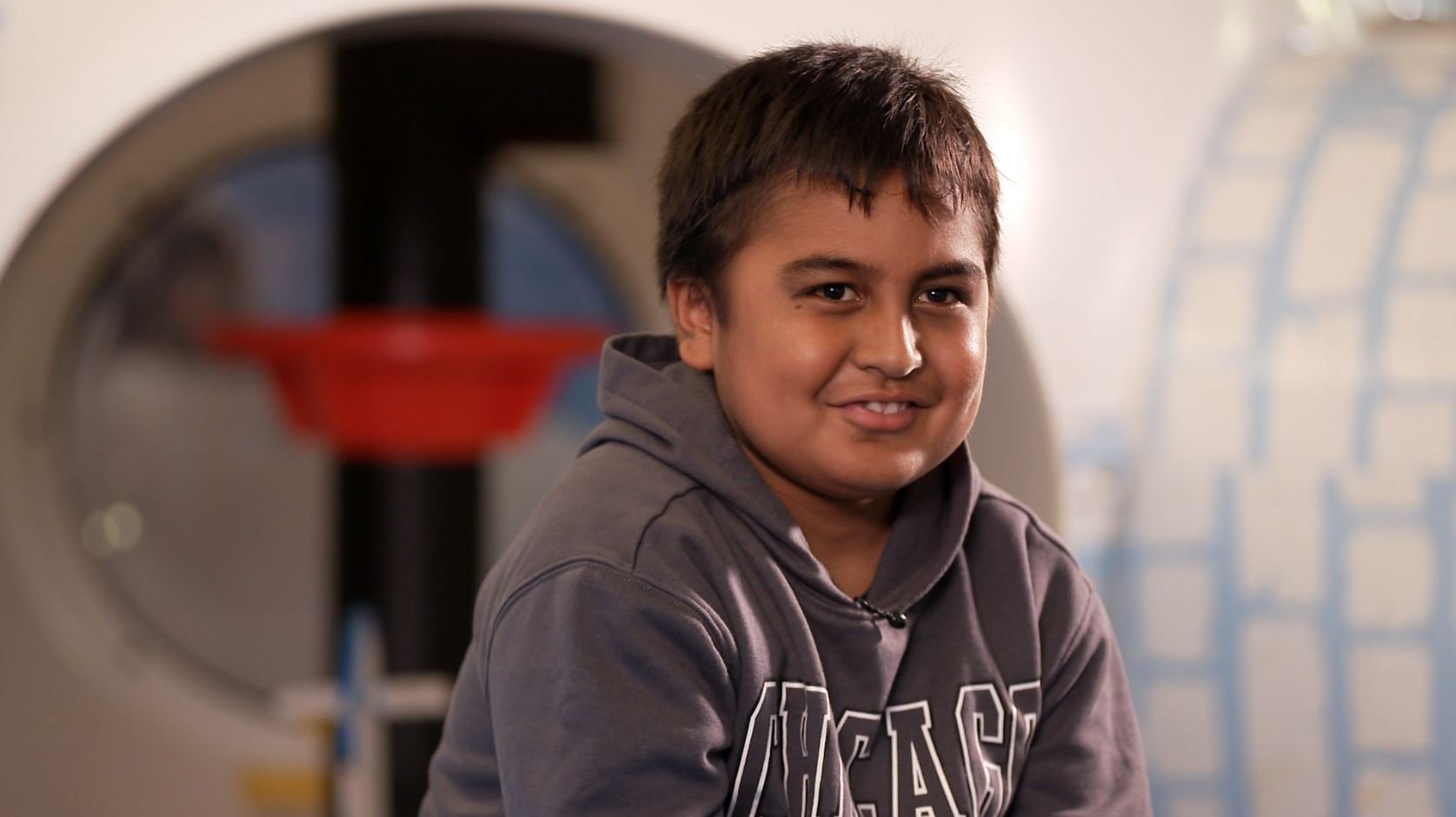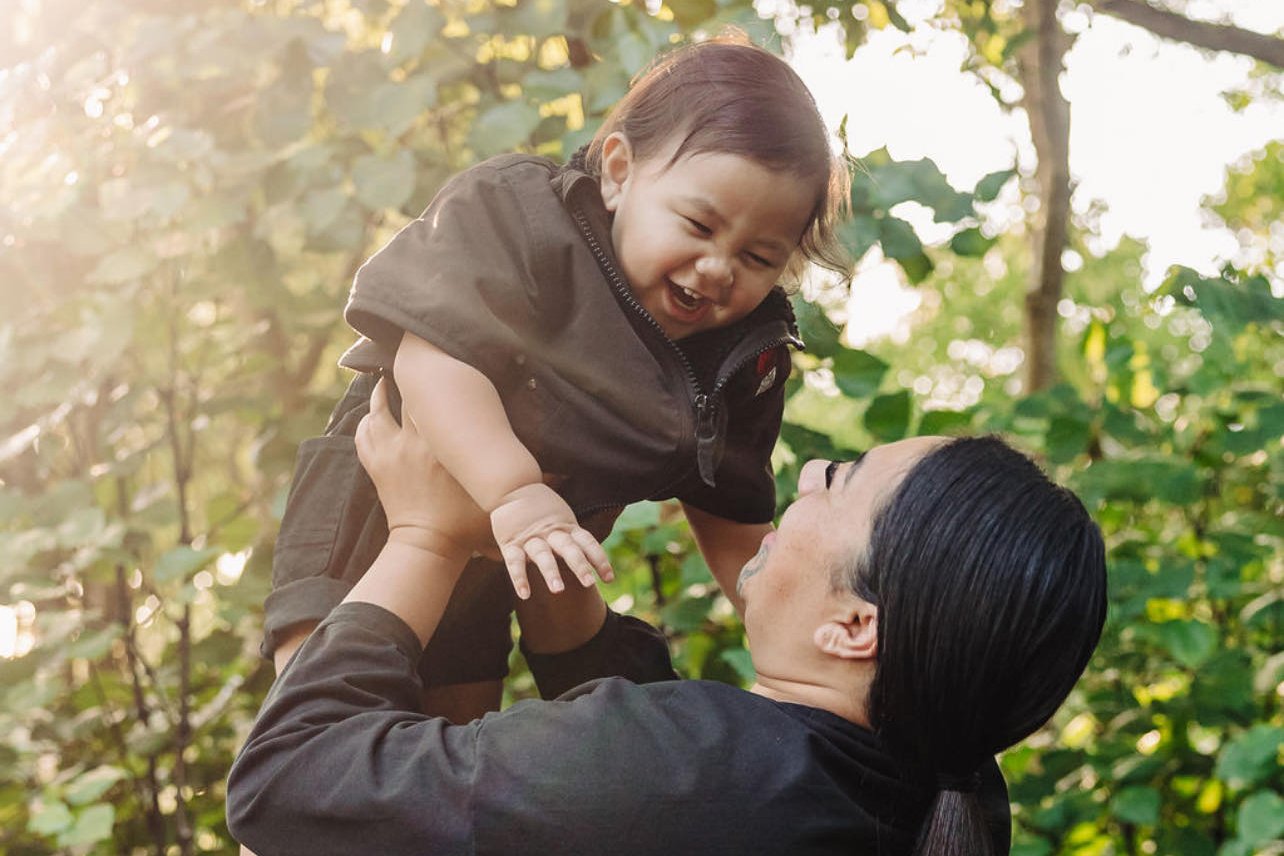“The thing about health problems and mental health challenges is that they often hunt in packs,” says Dr Terry Fleming, Associate Professor at Te Herenga Waka Victoria University of Wellington.
“Lots of people will have combinations – that’s just about more normal than just having one challenge at a time.”
This grouping of conditions is called having co-occurring or comorbid conditions.
“When someone has a comorbid illness, it means that they meet the criteria for more than one mental health diagnosis at a time,” says Clinical Psychologist Dr Eve Hermansson-Webb.
Depression is a disorder that can go hand-in-hand with anxiety, says Anxiety New Zealand Trust National Manager Goldie Hamilton.
“About one in four people are estimated in Aotearoa New Zealand to experience anxiety, and about one in six are estimated to experience depression, and quite often it’s the same people who might be experiencing both of those,” she says.
Clinical Psychologist Dr Epenesa Olo-Whaanga says Attention Deficit Hyperactivity Disorder (ADHD) and autism are also associated with anxiety. Autism is a neurodevelopmental condition that affects the way people see the world, whereas ADHD can cause attention difficulty, hyperactivity and impulsiveness.
Social media personality Krystine Nation is one of many adults who believes she may have undiagnosed ADHD.
“I swear I have ADHD,” she says. “My brain is never silent. I went to my doctor and said to him, ‘please don’t hate me, and please tell me if you’re like oh god not this, but I think I have ADHD’. And he was like, ‘Yep I think you do too’.”
Along with having anxiety, TikTok star Leighton Clarke (AKA Uncle Tics) has Tourette’s Syndrome – a condition that causes ‘tics’ such as twitches, movements or sounds. One of Clarke’s Tourette’s symptoms is coprolalia – the involuntary outburst of inappropriate words, such as swearwords. Like anxiety, Tourette’s Syndrome is not always well understood by the general public.
“There was one teacher at my school who never understood Tourette’s, and she banned me from going on my year seven camp,” Clarke says. “I still think about that to this day.”
Eating disorders such as anorexia, bulimia and binge eating disorder can also be related to anxiety.
“Studies have shown that between 50 to 80 per cent of people who struggle with eating disorders will also have an anxiety disorder,” says Hermansson-Webb. “And of people who present for treatment for an anxiety disorder, about 11 per cent of them will go on to be diagnosed with an eating disorder.”
Split Enz musician Mike Chunn says that after correlating panic attacks with eating dinner, he stopped eating at night.
“If you look at photos of me from 1975 I’m a skinny little rake,” he says.
Other people turn to comfort eating to help them soothe their emotions – and still others turn to alcohol and drugs. Substance Use Disorder frequently co-occurs with anxiety – often because people are trying to self-medicate.
Addiction is treatable, so if you or someone you know may be battling Substance Use Disorder, check out the Health Navigator website or speak with your GP to find help.
Likewise, if you think you may have depression, ADHD, autism, Tourette’s Syndrome, or an eating disorder, contact your GP for support and advice.
Misconceptions
Unravelling Anxiety follows the first Misconceptions series by Digital Alchemist, The Truth About Miscarriage.
Where to get help
If you think you may be experiencing anxiety, you can ask your GP or a counsellor for advice. You can also reach out to the following organisations:
- National Anxiety 24-hour Helpline
0800 269 4389
0800 ANXIETY Helpline | Anxiety NZ - Lifeline Aotearoa
0800 543 354 (0800 LIFELINE) or free text 4357 (HELP) (available 24/7)
www.lifeline.org.nz/services/lifeline-helpline - Suicide Crisis Helpline
0508 828 865 (0508 TAUTOKO) (available 24/7) - Youthline
0800 376 633
www.youthline.co.nz - Need to Talk?
Free call or text 1737 (available 24/7) - Kidsline
0800 543 754 (available 24/7)
www.kidsline.org.nz - Whatsup
0800 942 8787 (1pm to 11pm)
www.whatsup.co.nz - Depression Helpline
0800 111 757 or text 4202 - Eating Disorders Carer Support NZ
EDCS Eating Disorders Carer Support NZ | Facebook















